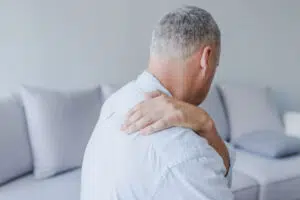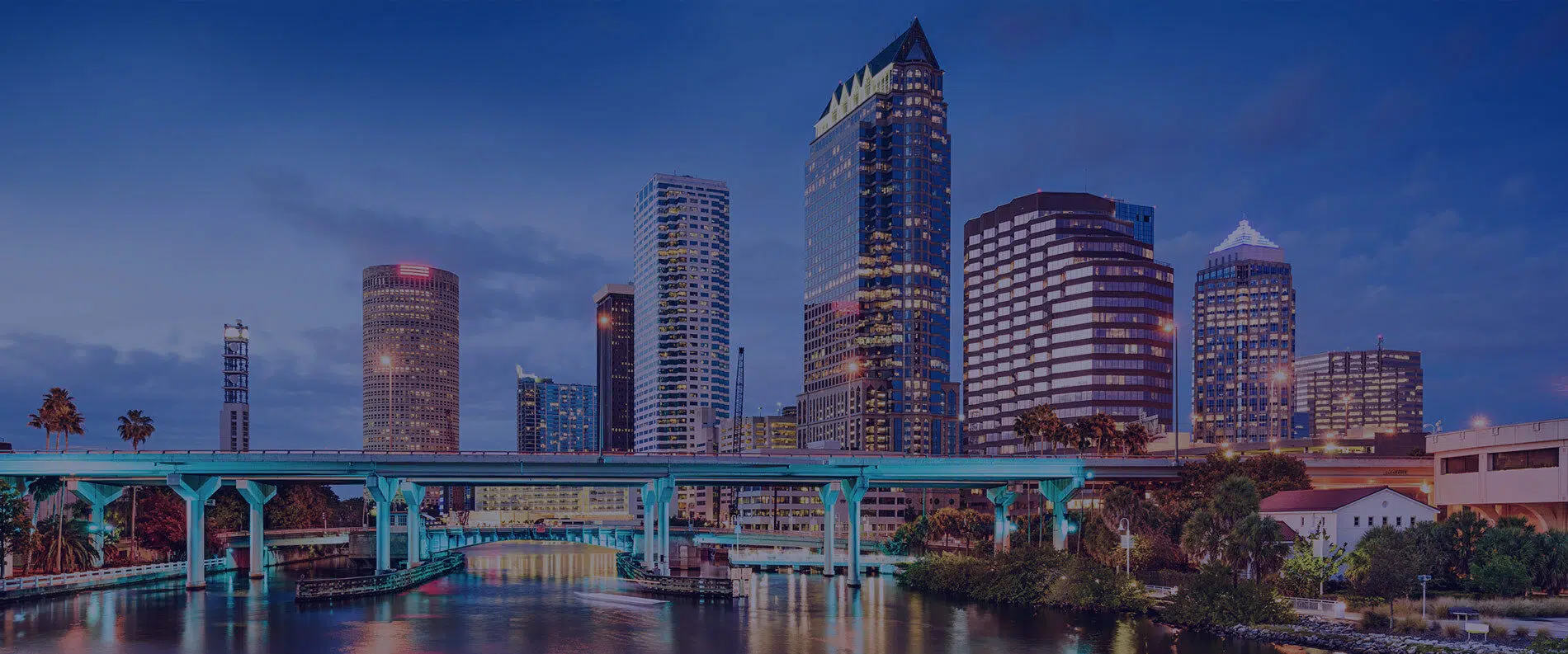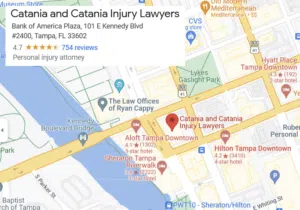
If you watch or participate in sports, you have probably heard of the rotator cuff. Rotator cuff injuries frequently happen to athletes due to strains and overuse.
But rotator cuff injuries can also result from trauma. An accident that puts force on the arm and shoulder can stretch or tear the rotator cuff. In severe cases, you may need surgery to repair the damage.
Here are some facts you should know about rotator cuff injuries and how you can seek compensation for their effects.
Table of Contents
The Anatomy of the Rotator Cuff
The rotator cuff is not a single part of the body. Instead, the rotator cuff includes four separate tendons and muscles positioned to connect the upper arm to the shoulder. A rotator cuff injury includes a pull or tear of any of these tendons or muscles.
The four parts of the rotator cuff include:
- Two muscles that run from the back of your shoulder blade to the back of your upper arm
- One muscle that runs from the top of your shoulder blade to the top of your upper arm
- One muscle that runs from the front of your shoulder blade to the front of your upper arm
Each of these muscles connects to the upper arm bone through a tendon.
The muscles and tendons of the rotator cuff cooperate to perform several functions, which include:
- Stabilizing your shoulder joint
- Lifting your arm
- Rotating your arm
The shoulder joint has a relatively shallow socket. The tendons of the rotator cuff also keep the top of the upper arm bone in the joint.
How Do Rotator Cuff Injuries Happen?
If tendons and muscles stretch or tear, you will suffer a strain. A strained rotator cuff can result from:
Overuse
You can easily strain a rotator cuff through overuse. Repetitive motions can create small tears in the muscles or tendons of the rotator cuff. Normally, these small tears heal on their own after rest.
But when you repeat the same motions, these tears do not have a chance to heal. Instead, they propagate across the tissue, worsening the injury.
Athletes can suffer rotator cuff strains due to overuse. Workers can also suffer repetitive stress injuries to the rotator cuff. Workers susceptible to these injuries usually have jobs that require them to repeatedly:
- Lift
- Carry
- Raise their arms over their heads
Workers in construction sites, warehouses, and factories can experience repetitive stress injuries to the rotator cuff.
Trauma
A force greater than the strength of the tendons and muscles of the rotator cuff can tear the tissue fibers. According to the American Academy of Orthopaedic Surgeons, most rotator cuff injuries in younger patients result from trauma rather than overuse.
For example, suppose that you grab the handrail as you slip and fall on a staircase. The strain of your weight on your shoulder could strain your rotator cuff.
Rotator cuff injuries can also happen as a result of another injury that causes strain on the rotator cuff. Some examples of injuries that can strain the rotator cuff include a fractured collarbone or a dislocated shoulder.
What Are the Different Types of Rotator Cuff Injuries?
Rotator cuff injuries usually fall into three broad categories. These include:
Torn Rotator Cuffs
A torn rotator cuff happens when the muscles or tendons of the rotator cuff suffer a tear across the tissue fibers. These injuries can happen through overuse or trauma.
Partial tears weaken the muscle or tendon. Complete tears leave the upper arm disconnected from the shoulder blade.
Symptoms of a torn rotator cuff include:
- Pain when moving your arm
- Limited range of arm or shoulder motion
- Arm weakness
Doctors usually treat a torn rotator cuff with rest, ice, and anti-inflammatory medication. A doctor might also immobilize your upper arm so you do not pull on the torn tendon or muscle while it heals.
In rare cases, doctors will operate on a torn rotator cuff. The operation attaches the torn sections so they can heal together.
Once the tear heals, you may need physical therapy to strengthen the injured muscles and tendons. Physical therapy also builds up the surrounding muscles to support the injury.
Rotator Cuff Tendinitis
Tendonitis happens when the tendons of the rotator cuff become inflamed. This usually happens due to overuse.
Symptoms of tendonitis include:
- Dull ache when moving the arm
- Tenderness
- Swelling
Treatment for tendonitis includes rest, ice, and anti-inflammatory medication.
Bursitis
Bursae are fluid-filled sacs that cushion your joints. Bursitis happens when a bursa becomes irritated and inflamed. The bursa in your shoulder sits over your rotator cuff. When it becomes inflamed, it can cause symptoms that are similar to those of a rotator cuff injury.
Symptoms of bursitis include:
- Shoulder stiffness
- Tenderness
- Muscle weakness
- Limited range of arm motion
Like tendonitis, doctors usually treat bursitis with rest, ice, and anti-inflammatory drugs.
What Are the Risk Factors for a Rotator Cuff Injury?
Traumatic rotator cuff injuries usually result from stress on the arm and shoulder. Car accidents have a high risk of causing rotator cuff injuries. The force of the seat belt during a collision can fracture your collarbone and stress your rotator cuff. Hitting the side door or window can even dislocate or fracture your shoulder and strain your rotator cuff.
You can also suffer a rotator cuff injury in the workplace. Workplace accidents like falls can cause traumatic rotator cuff injuries. As previously mentioned, repetitive motions can injure the rotator cuff through overuse.
What Compensation Can I Recover for a Rotator Cuff Injury?
You can often claim workers’ compensation if your rotator cuff injury happened on the job. Rotator cuff injuries caused by trauma or repetitive stress could also entitle you to receive medical and disability benefits while you recover.
You can also seek injury compensation for rotator cuff injuries that result from certain accidents. For example, a car accident could entitle you to compensation to cover your medical costs and lost income. A car accident claim could also provide you compensation for your pain and suffering.
A rotator cuff injury could have a major impact on your ability to work and may require surgery and physical therapy. If your injury resulted from someone else’s actions, you might have a compensation claim.
Contact a Tampa Personal Injury Lawyer for Help
Contact Catania and Catania Injury Lawyers for a free consultation to discuss your rotator cuff injury and the compensation you can seek for your accident. Our Tampa personal injury lawyers are standing by to discuss your claim.




